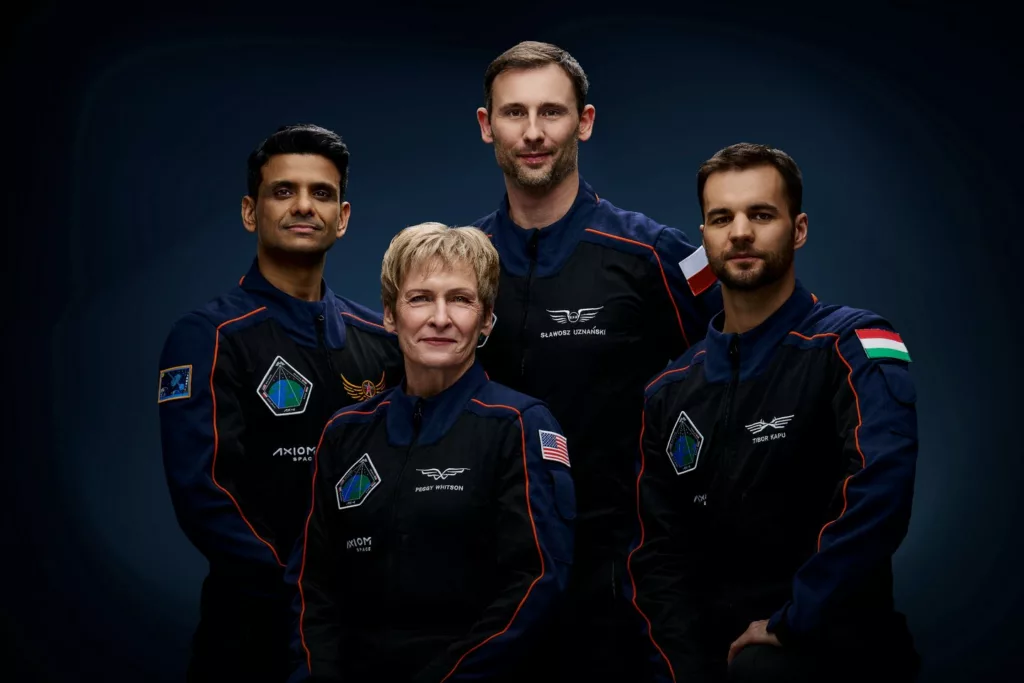NASA has once again postponed the launch of Axiom Mission 4 (Ax-4), the fourth private astronaut mission to the International Space Station (ISS), with a new target date of no earlier than Sunday, 22 June 2025.

The mission will include Shubhanshu Shukla from the Indian Space Research Organisation (ISRO), who will serve as the mission pilot. Shukla’s participation marks a significant milestone for India’s presence in international commercial spaceflight.
The launch, originally scheduled for 29 May, has been delayed multiple times, with revised dates including 8 June, 10 June, 11 June, and 19 June. It is now expected to lift off from Launch Complex 39A at NASA’s Kennedy Space Center in Florida aboard a SpaceX Falcon 9 rocket. The mission is being organised by NASA in collaboration with Axiom Space and SpaceX.
ALSO READ: Weather pushes Indian astronaut Shubhanshu Shukla’s ISS launch to June 11
ISRO confirmed the revised schedule on social media, following discussions between teams from India, Poland, and Hungary with Axiom Space. The company then consulted with NASA and SpaceX to evaluate several readiness parameters including the status of the SpaceX Falcon 9 launch vehicle, the Dragon spacecraft, repairs in the Zvezda module of the ISS, weather conditions, and the health of the crew currently in quarantine.
Teams from @isro, Poland, and Hungary engaged in a detailed discussion with @Axiom_Space regarding the probable launch timeline of Axiom Mission 4. Following this, @Axiom_Space held consultations with @NASA and @SpaceX to assess multiple readiness parameters.
— ISRO (@isro) June 18, 2025
Based on the…
The Ax-4 mission is part of the growing domain of commercial human spaceflight and international cooperation. Alongside Shukla, the crew includes mission commander Peggy Whitson, a former NASA astronaut now with Axiom Space, and mission specialists Sławosz Uznanski-Wisniewski from Poland and Tibor Kapu from Hungary.
Shukla will conduct pioneering experiments related to space nutrition and food systems once aboard the ISS. These experiments are developed through a collaboration between ISRO and the Department of Biotechnology (DBT), with support from NASA. The research aims to advance understanding of sustainable life-support technologies, which are essential for the future of long-duration space missions.


